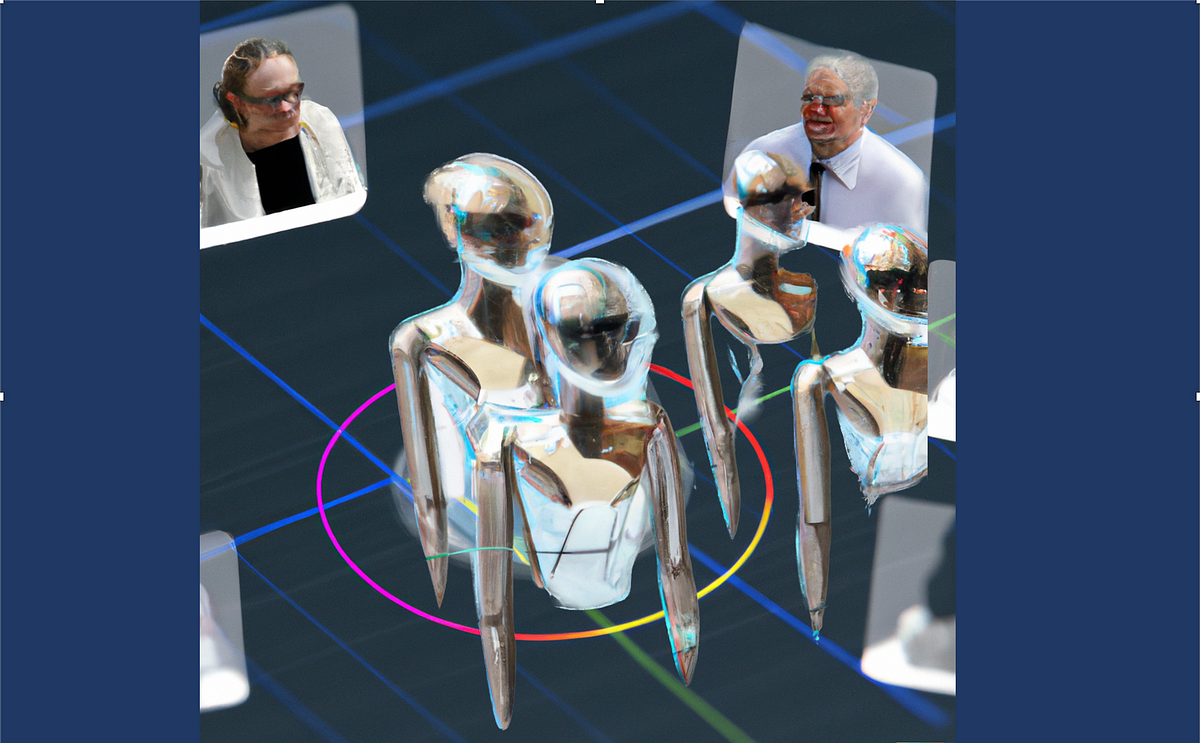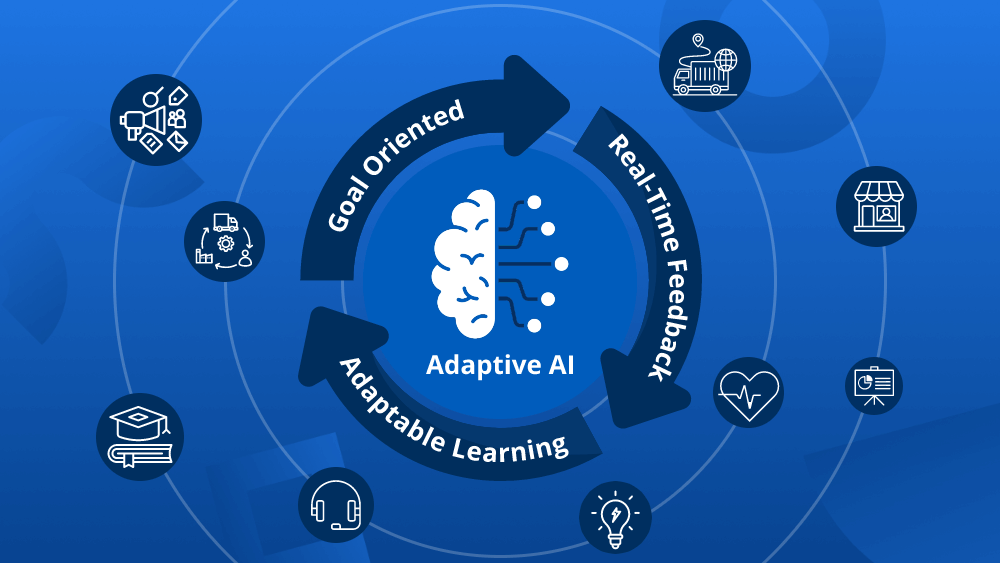Version control is a crucial practice! Without it, your project may become disorganized, making it challenging to roll back to any desired point. You risk losing critical model configurations, weights, experiment results from extensive training periods, and even the entire project itself. You might also find yourself in disagreements and conflicts with your teammates when the code breaks, hindering effective collaboration. In this article, we navigate the importance of version control through a practical example that employs some of the most common tools in the field. The entire codebase for this article is accessible in the associated repository.
Table of contents:
· 1. Introduction
· 2. Tools
· 3. Setting up your project
∘ 3.1. Project folder
∘ 3.2. Project environment
· 4. Code versioning
· 5. Data versioning
· 6. Model versioning
· Conclusion
Version controlling is the practice of recording changes to a file or setting of files over time, using version control systems, so that we can recall specific versions later. In MLOps, version controlling is one of the main principles that I consider it as the first one to consider when starting your machine learning projects. To ensure that we harness all the benefits, version control should be applied across different machine learning workflow steps, including data, the Machine Learning model (ML model), and code.
Why versioning? Using version control for code, data, and models enables reproducibility (which is an another important MLOps principle) by allowing to recreate specific states of the project at any given point in time; tracking and monitoring changes by establishing a systematic approach to capturing, documenting, and managing changes throughout the development lifecycle…


